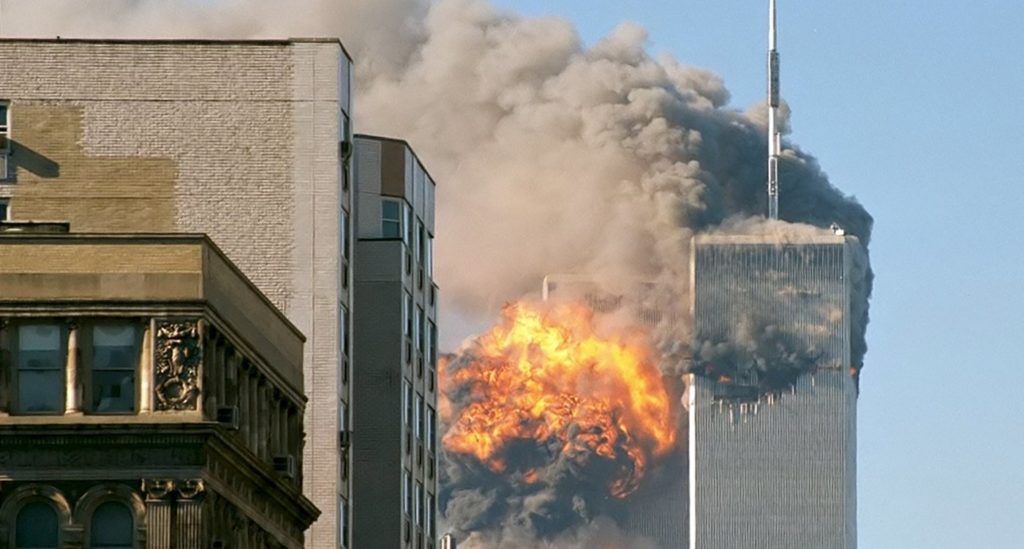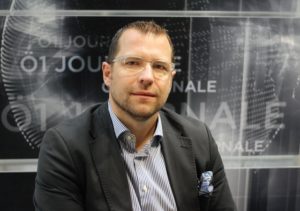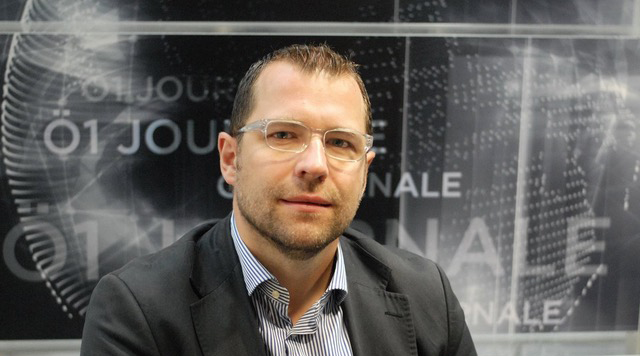As a terrorism expert, political scientist Nicolas Stockhammer analyzes developments in terrorism against the backdrop of the current coronavirus crisis. We spoke to him.
Mr. Stockhammer, in which direction do you think the topic of terrorism could develop in the coming years? Terrorism will continue to diversify in its manifestations and take on a hybrid form. This applies to scenarios, actors, modi operandi and ideological manifestations. On the one hand, we will be confronted with opportunity-driven low-level attacks that obey the simplicity paradigm, as well as with planned scenarios that are located in the hyper-terrorist area of systemic terrorism – i.e. ABC scenarios. As is already the case, the actors will be both radicalized individual perpetrators and self-sufficient, well-structured cells. In the ideological field, we will also see a de-ideologization on the one hand, i.e. attacks by decoupled free riders who dedicate their actions to a loose terror franchise; on the other hand, violent actors may once again self-identify with radical ideological elements and corresponding groups. The currently emerging spiral of terror, i.e. the mutual fueling of right-wing extremist terrorism with jihadism and vice versa, is remarkable. Terrorist attacks are increasingly becoming a response. A key game changer is the rapid advance of digitalization, which does not stop at terrorism. All relevant activities have shifted to cyberspace – from radicalization to the direct planning of terrorist attacks. In short: The places and means of action will continue to change adaptively. 
“Terrorists are anarchically adaptive and, like truffle pigs, are conditioned to identify weaknesses in systems and deliberately exploit them.”

Both terrorist attacks and pandemics show how vulnerable our society actually is. Where do you see parallels, where are the differences? We should and could have been better prepared for both. The threat of a pandemic has been around for a long time, but only a few in small security circles have really taken the threat seriously. The same applies to the threat of terrorism. People always focus on probabilities and terrorist attacks that have taken place. The truly relevant figure, however, is the number of successfully foiled major terror plots. This ranges between 13 and 20 in Europe per year. Risk assessment should be professionalized and objectified. The “wars” of yesterday are no longer the conflicts of tomorrow. There are, of course, differences between pandemics and terrorist attacks in terms of the impact and probability of occurrence. Pandemics are global killers, while terrorist attacks – with the exception of NBC scenarios – always have a regionally limited, usually short-term dimension. The damage and number of victims are usually manageable. In terms of probability of occurrence, terrorist attacks in Europe can be classified as “highly probable”, while further pandemics in the foreseeable future are “more likely”. To what extent is terrorism today still comparable to terrorism 20 or 30 years ago? Only structurally, not in its manifestations. The nature of terrorism remains constant, as Clausewitz put it. The character of terrorism, on the other hand, is subject to constant change. As far as its unchanging nature is concerned, terrorism is always about the stage: the killing of uninvolved third parties for effect in front of the largest possible (media) audience in order to achieve political ends such as intimidation and destabilization. Its volatile character corresponds to its changing forms and manifestations, which are naturally subject to continuous change in line with the times and circumstances. 
What will this change consist of? The basic outlines of what is to come are already recognizable. New, ideologically based forms of protest and actors will emerge that can turn into politically motivated violence∞ world conspirators, Reich citizens, eco-terrorism and the like. Cyber space will continue to gain importance for the terrorism of the future – as will “real” cyber terrorism, which is purely politically motivated. In addition, current developments suggest a further development of systemic terrorism. In five to ten years’ time, we will see catastrophic terrorist attacks from the ABC spectrum. From today’s perspective, this is almost inevitable. Terrorists have had the intention for some time and are gradually working on their skills. Do you think there could be a greater shift towards NBC weapons in the future? Absolutely. The current development could come to a head in around five to ten years. Provided that the West continues to watch almost inactively. Unfortunately, there are almost no limits to the creativity of terror planners, if you think of aerosol bombs in drones over people as living bioweapons. The threat is constantly growing, particularly in the chemical but also in the biological area of application.
“There is a danger that by focusing on virulent aspects, strategically important dimensions of security will be overlooked. “
Have you been able to draw any insights from the current crisis for your research into terrorism? Every researcher must take disruptive events and global crises seriously. The current situation highlights systemic vulnerabilities and once again emphasizes the importance of state-wide resilience. The current crisis also reveals that our capacities and monetary resources are limited, especially in the area of security. By focusing on virulent aspects, there is a risk that strategically important dimensions of security will be overlooked. To put it somewhat cynically: Somewhere in Kandahar, Ramadi or Sirte, someone is laughing up their sleeve when the Europeans invest millions in protective masks.










